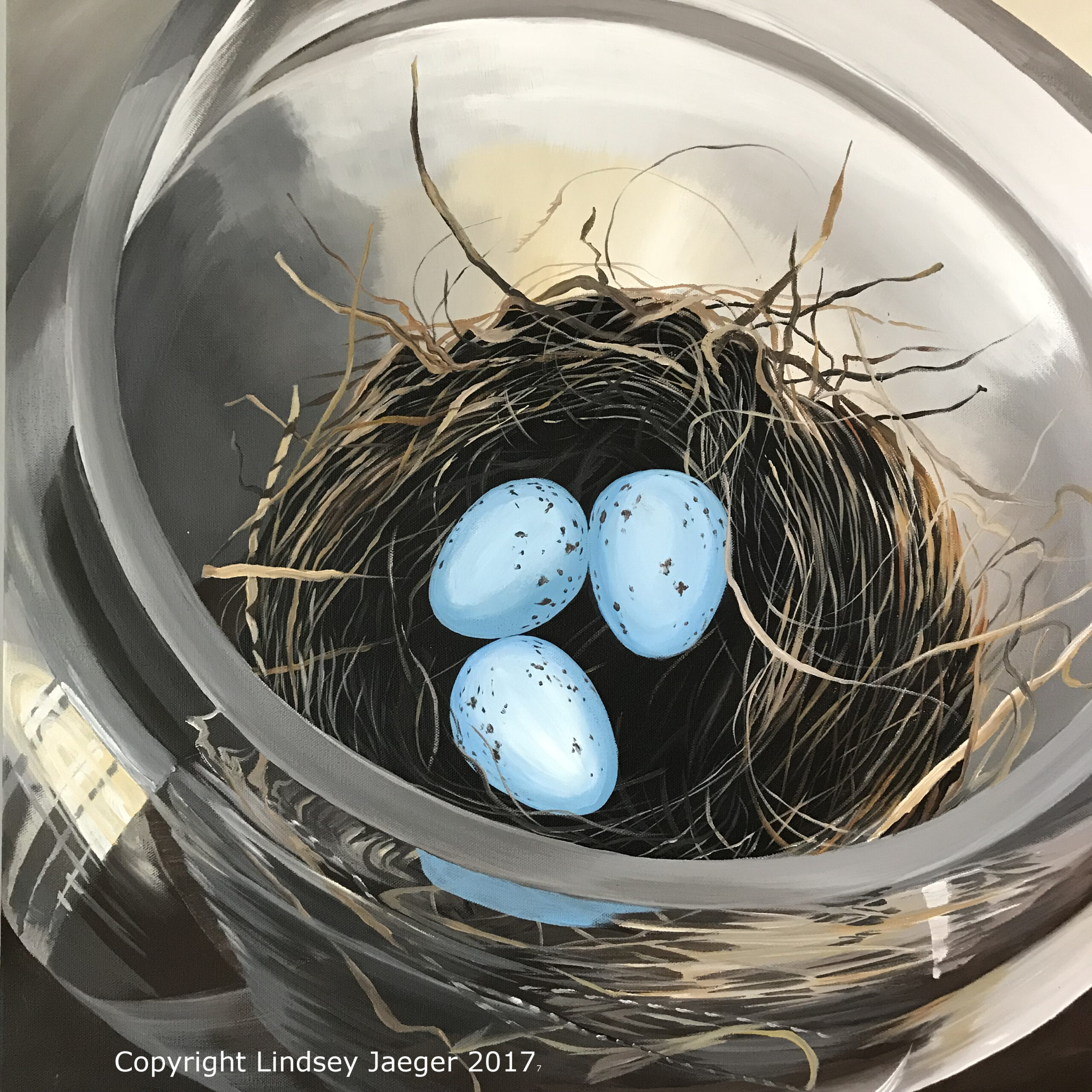Artist’s Statement

“The human brain cannot possibly process all of the information around us,” wrote Duje Tadin, a professor of brain and cognitive sciences at the University of Rochester, in ScienceDaily. Dr. Tadin explained, “Being less sensitive to things that are less important makes the brain more efficient and faster at accomplishing the more important tasks.”
In our electrified, pulsating world, full of endless options and others’ opinions, we are increasingly tuning out the beauty and opportunity that is quite literally right underfoot. A return to sensitivity to the smaller, “less important” objects of Nature is good medicine.
To intentionally rejuvenate our innate sense of wonder will stimulate our minds to consider new thoughts about tired beliefs. As an added bonus, wonder feels incredible—like excited amazement. And it’s accessible. If we can’t get there on our own, Nature gives us ample opportunity to wonder. The wilderness is not required. A simple backyard will do.
Consider the common bird’s nest. Is it not fascinating that a bird knows how to build a nest? We usually consider the use of found objects as materials and tools as within the exclusive realm of man, and yet our common, but no less extraordinary, backyard songbirds know this. But, is it not even more fascinating that a bird knows it needs to build a nest? The bird knows its purpose. Interestingly, the purpose requires the bird to work until the task is accomplished no matter the quantity or severity of obstacles that are presented.
Consider the butterfly. For a caterpillar to become a butterfly, everything, except the caterpillar’s brain, liquifies inside the chrysalis. Are we willing to sacrifice what is good to build something great? Does it take one decision or a million? Is discomfort required? If so, is it worth it? If a caterpillar can change, surely, we can. After all, each of us is equipped with the world’s fastest supercomputer, the human brain.
Consider the great oak. Each mature oak produces thousands of acorns each year without any consideration regarding the success of any of them. The oak produces a staple at the base of the food chain. Yet, the only intention, if the oak could have one, would be to reproduce itself. As a byproduct of this purpose, the oak subsidizes the community. Likewise, when we actively seek great goals, the abundance-oriented mindset required for achievement produces abundance, economic and otherwise, that trickles down to the community at large.
It is my hope that my body of work inspires you to intentionally rejuvenate your sense of wonder, perhaps about new beginnings, and to consider Nature and your own beliefs from new perspectives.
